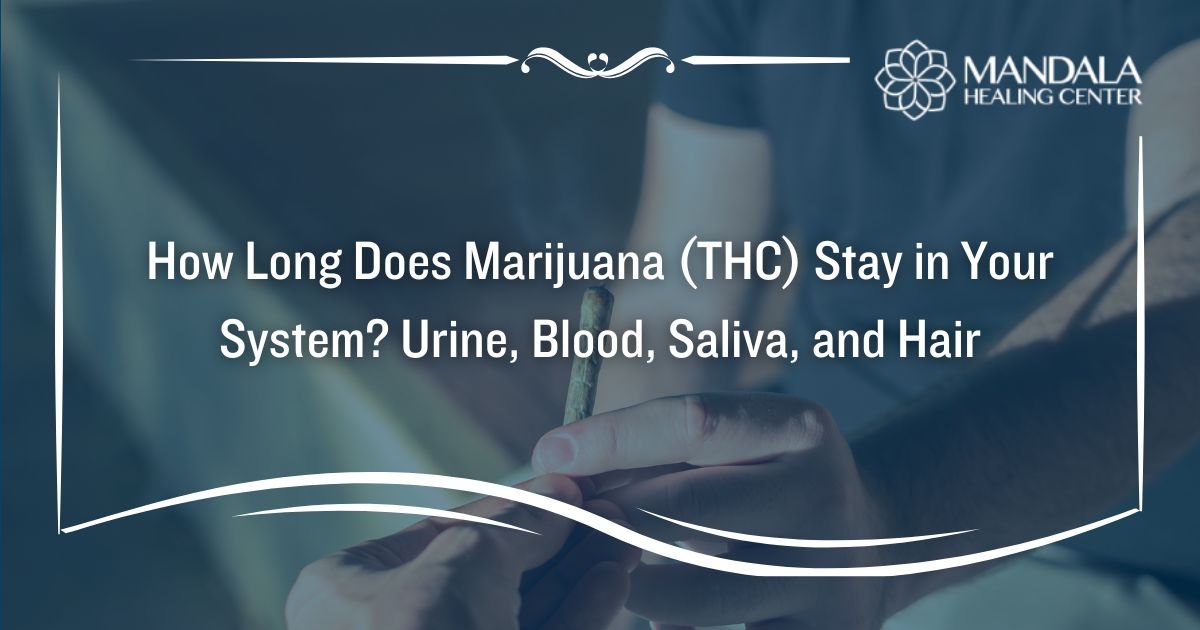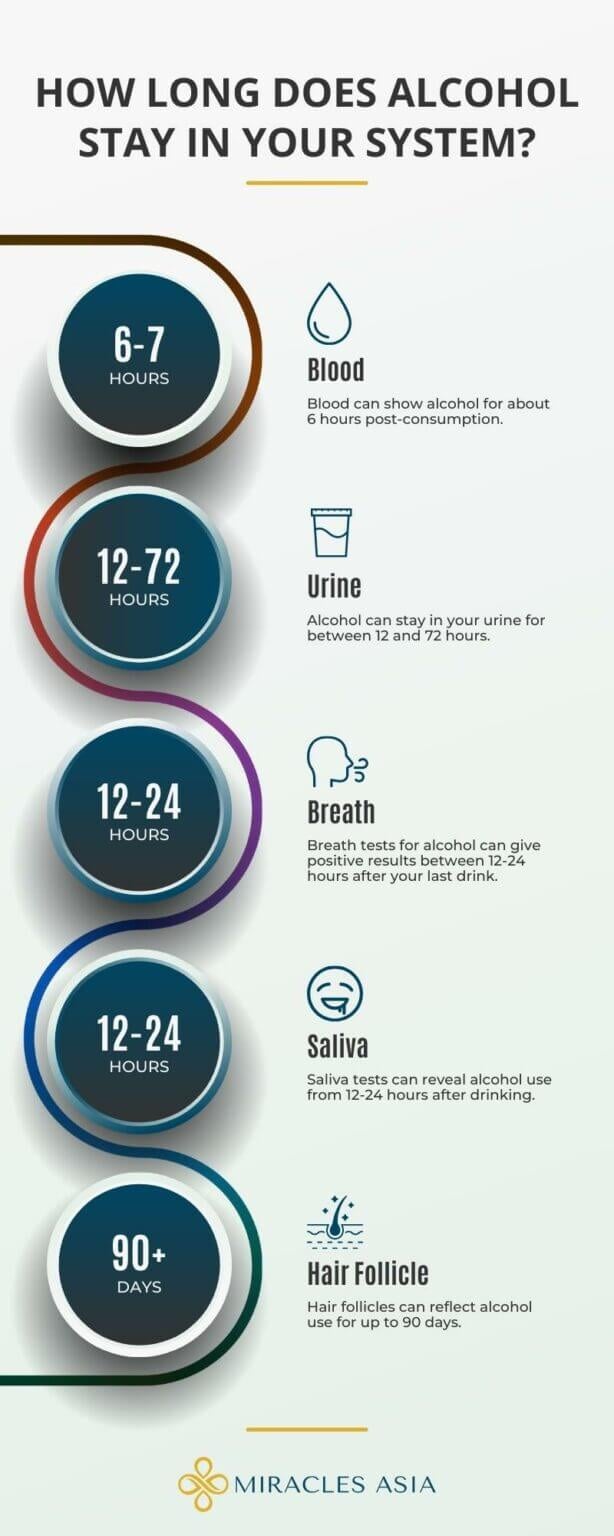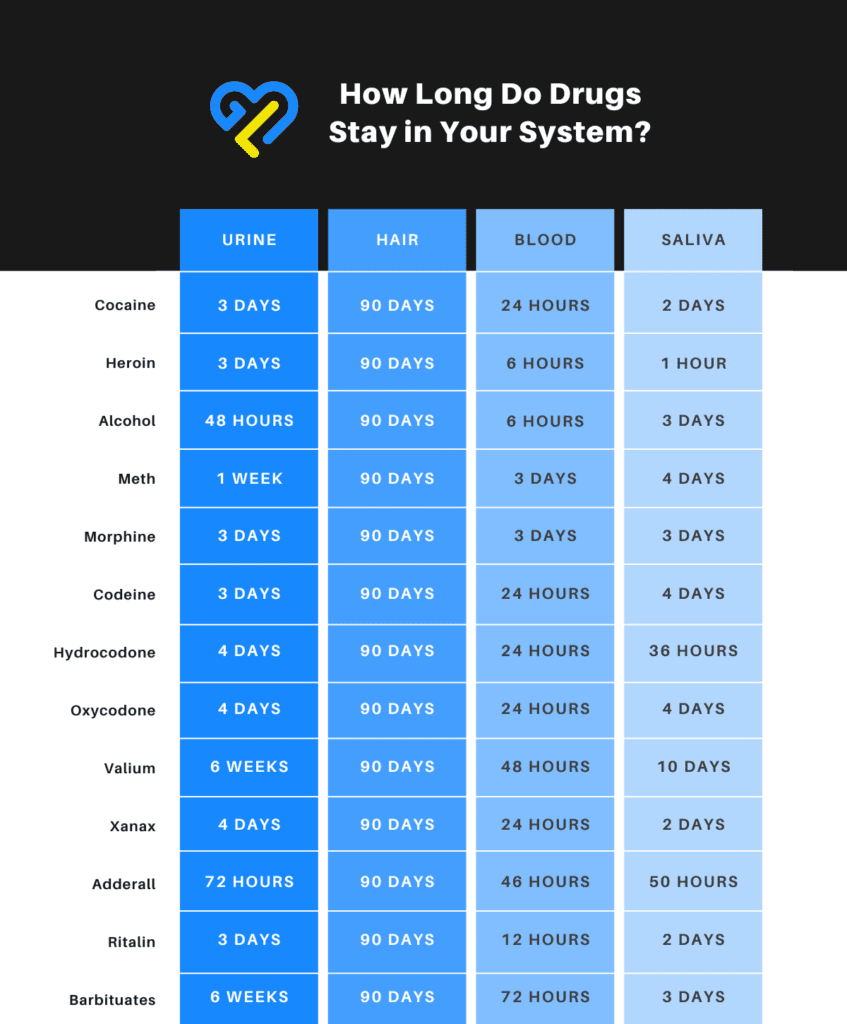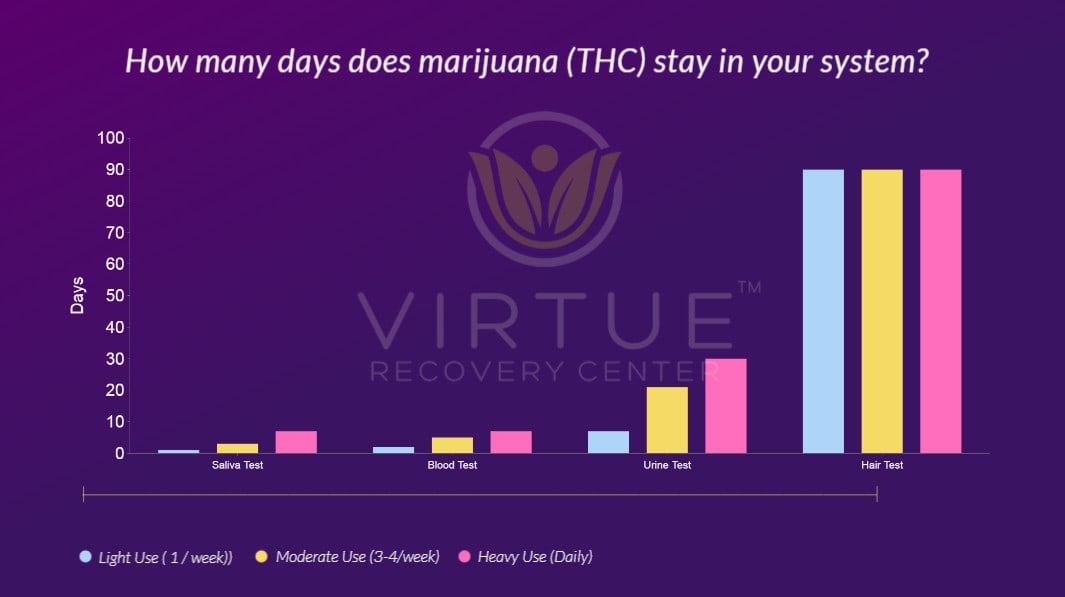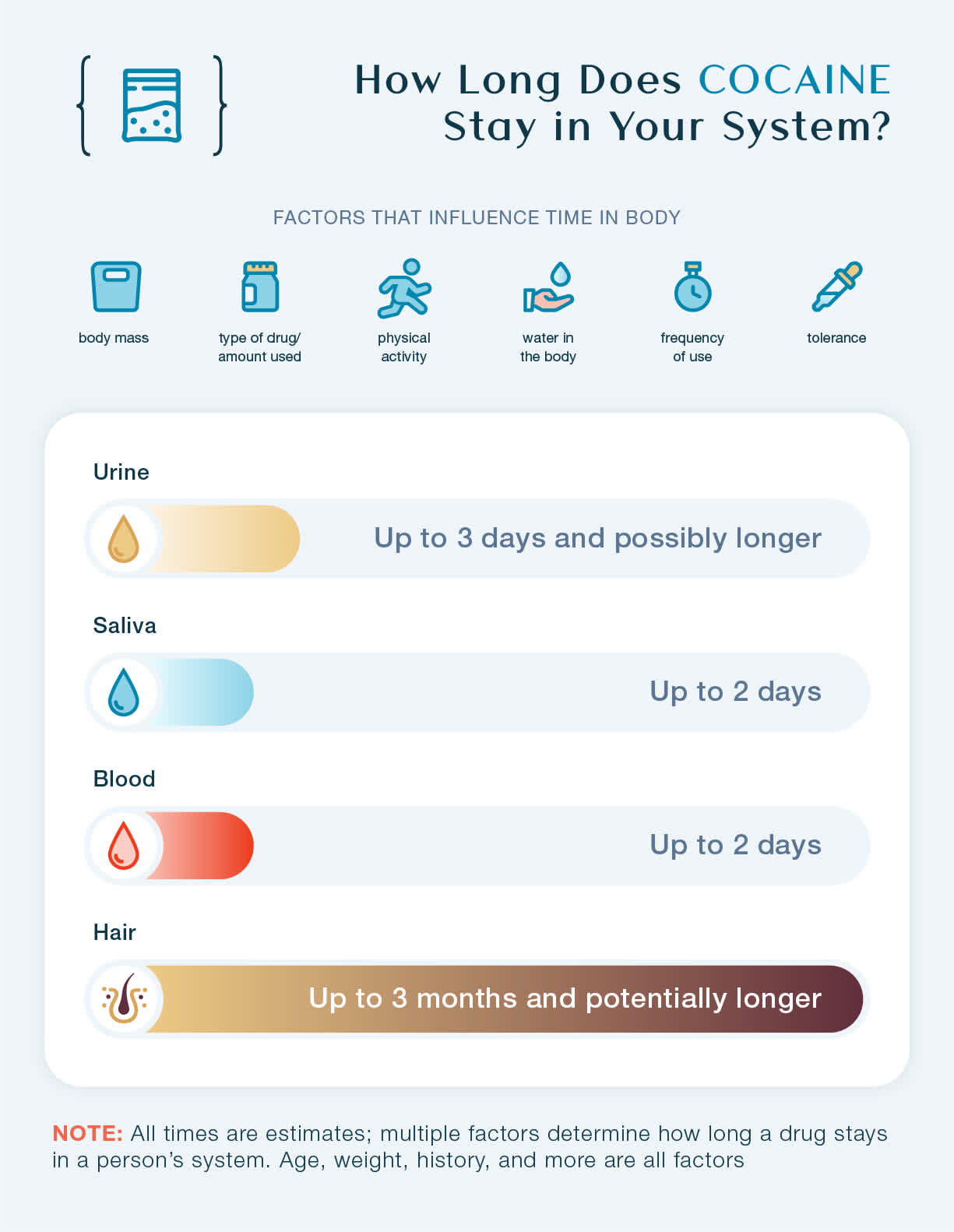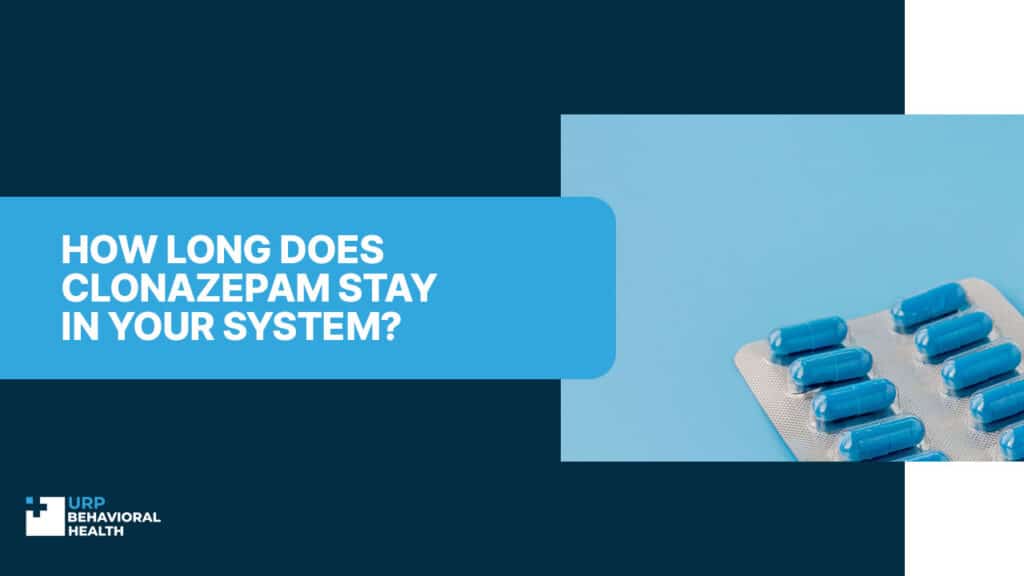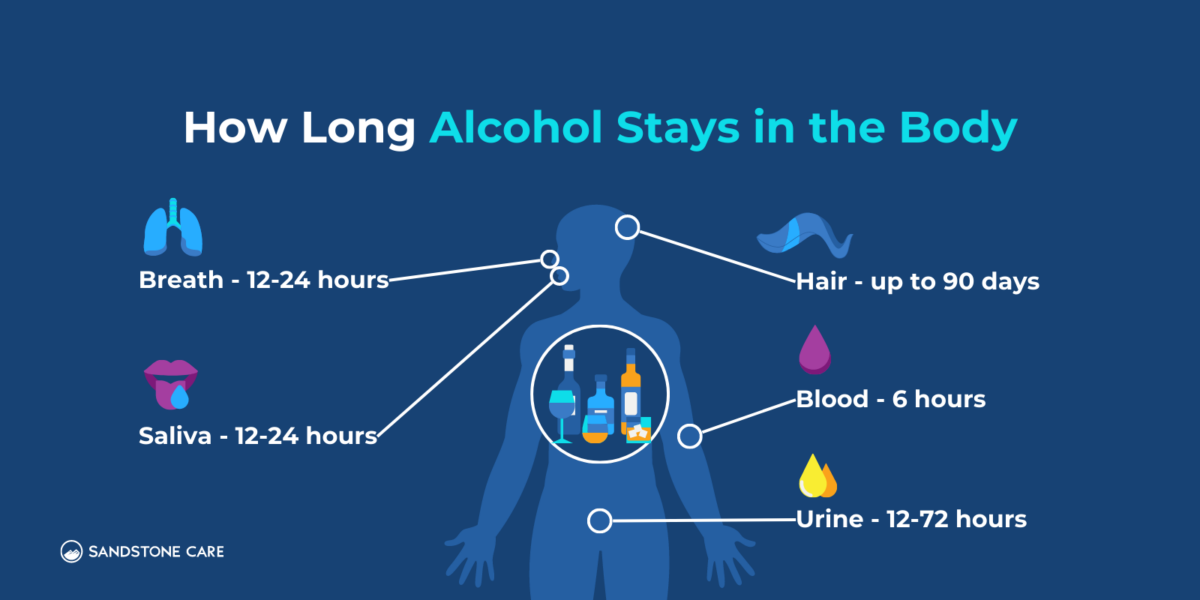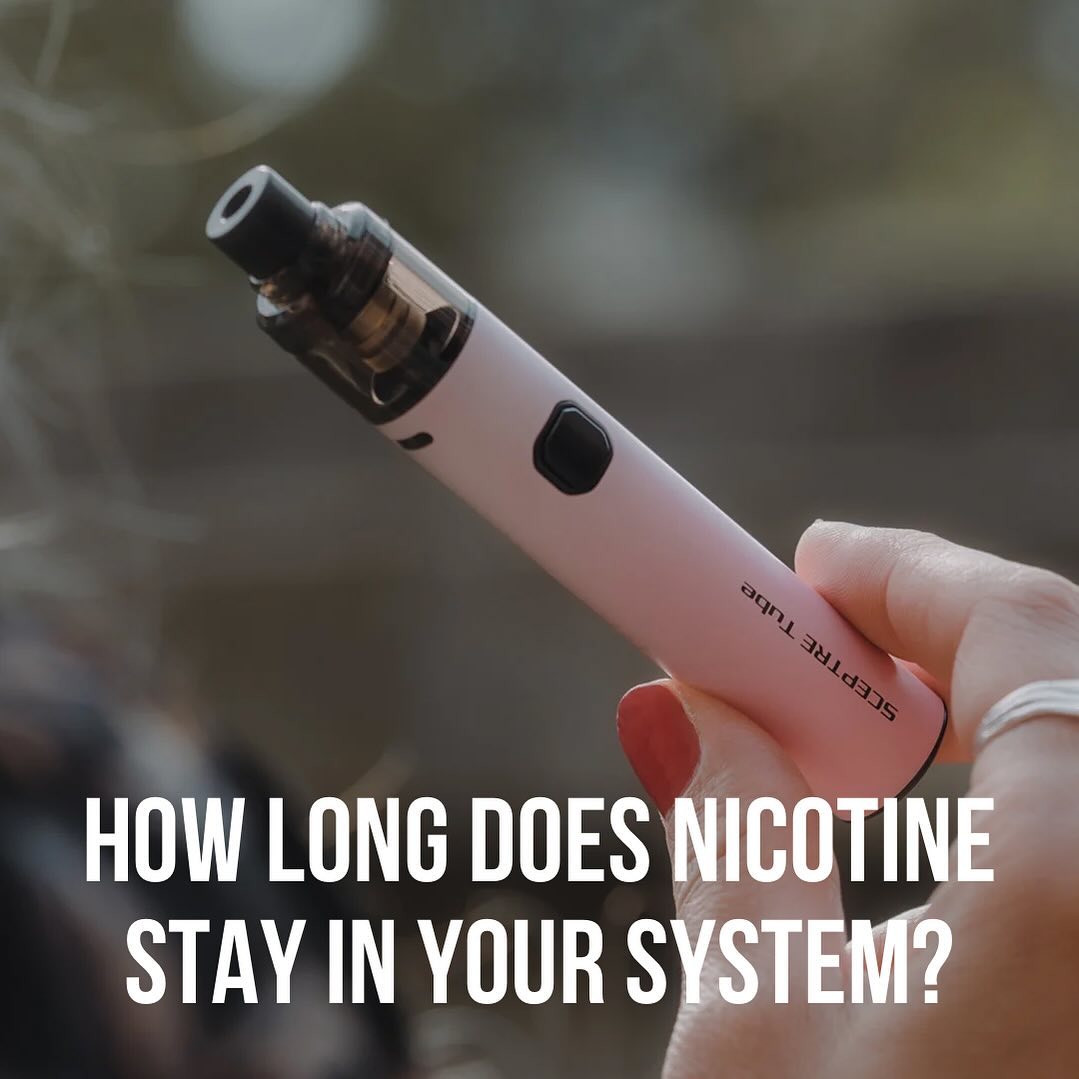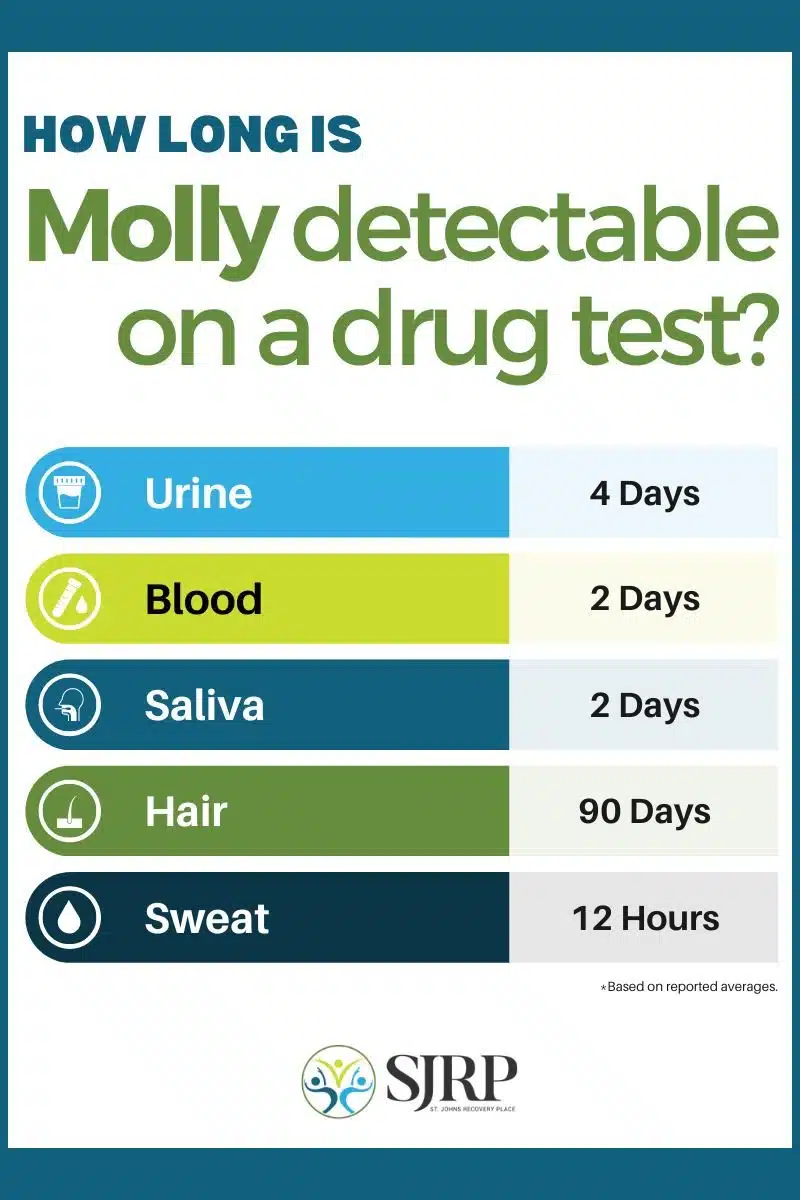How Long Does Delta 9 Stay In Your System

Imagine you're at a weekend music festival, surrounded by friends, the air thick with the scent of summer and possibility. Laughter echoes, music pulsates, and maybe, just maybe, someone offers you a gummy containing Delta 9. You enjoy the moment, feeling relaxed and carefree. But a question lingers in the back of your mind: how long will this stay with me?
Understanding how long Delta 9, the primary psychoactive component of cannabis, remains detectable in your system is crucial for various reasons, from navigating workplace drug testing to simply being informed about your body. This article breaks down the factors influencing Delta 9's detectability, offering a comprehensive look at what to expect and how to stay informed.
The Science Behind Delta 9 and Its Metabolism
Delta 9-tetrahydrocannabinol (THC), or Delta 9, is the chemical compound in cannabis responsible for its psychoactive effects. When you consume Delta 9, it's absorbed into the bloodstream and distributed throughout the body, including the brain, where it interacts with cannabinoid receptors.
The body then begins to metabolize Delta 9, primarily in the liver. This process breaks down Delta 9 into various metabolites, the most notable being THC-COOH. It is this metabolite that drug tests typically screen for.
Unlike Delta 9, which has relatively short-lived effects, THC-COOH can linger in the body for a significantly longer period. This is because THC-COOH is fat-soluble, meaning it's stored in the body's fat tissues and released gradually over time.
Factors Influencing Detection Time
The duration Delta 9 remains detectable varies considerably depending on several factors. These include frequency of use, dosage, metabolism, body fat percentage, and the type of drug test used.
Frequency of Use
This is arguably the most significant factor. Infrequent users will clear Delta 9 from their system much faster than chronic users. Occasional users might test negative within a few days, while heavy, regular users could test positive for several weeks, or even months.
Dosage
Higher doses of Delta 9 will take longer to clear from the system. A large dose results in more THC-COOH being stored in fat tissues, extending the detection window.
Metabolism
Individuals with faster metabolisms tend to process and eliminate Delta 9 more quickly. Factors such as age, genetics, and physical activity levels influence metabolic rate.
Body Fat Percentage
Because THC-COOH is fat-soluble, individuals with higher body fat percentages may retain Delta 9 metabolites for a longer time. This is due to the increased storage capacity in fat tissues.
Type of Drug Test
Different drug tests have varying detection windows. Urine tests, blood tests, saliva tests, and hair follicle tests all have different sensitivities and can detect Delta 9 and its metabolites for different periods.
Common Drug Testing Methods and Detection Windows
Understanding the nuances of different drug testing methods is crucial for anyone concerned about potential testing. Here's a brief overview:
Urine Tests
Urine tests are the most common method for drug screening. For infrequent users, Delta 9 metabolites may be detectable for up to 3-7 days. Moderate users might test positive for 7-21 days, while chronic users can test positive for 30 days or even longer.
Blood Tests
Blood tests have a shorter detection window compared to urine tests. Delta 9 itself is usually detectable in blood for only a few hours, while THC-COOH may be detectable for up to a few days in infrequent users. Blood tests are better at identifying recent use.
Saliva Tests
Saliva tests typically detect Delta 9 for a shorter duration, usually 24-72 hours after use. They are primarily used to identify very recent use.
Hair Follicle Tests
Hair follicle tests have the longest detection window, potentially detecting Delta 9 use for up to 90 days. However, hair tests only provide a historical record of use and cannot determine impairment at the time of testing.
Can You Speed Up the Process?
While there's no magic bullet for instantly eliminating Delta 9 from your system, certain strategies can potentially help expedite the process. Hydration, exercise, and a healthy diet are often recommended.
Drinking plenty of water can help flush out metabolites through urine. Exercise, especially aerobic activities, can help burn fat and release stored THC-COOH, which can then be eliminated through urine.
A healthy diet rich in fiber can promote regular bowel movements, aiding in the elimination of waste products, including THC metabolites.
It's crucial to note that these strategies are not foolproof and may only have a marginal impact on detection times. The most effective way to ensure a negative drug test is to abstain from Delta 9 use altogether.
The Legal Landscape and Workplace Implications
The legality of Delta 9 varies widely depending on location. While some states have legalized recreational and medical cannabis, others maintain strict prohibitions.
Even in states where cannabis is legal, employers often maintain drug-free workplace policies. This means employees can still be subject to drug testing and may face disciplinary action for testing positive for Delta 9.
It's essential to be aware of your workplace's drug policy and understand the potential consequences of Delta 9 use. If you're concerned about drug testing, consider abstaining from cannabis use or discussing your concerns with your employer.
Delta 8 vs Delta 9: A Quick Comparison
Delta 8-THC, a close chemical relative of Delta 9, has gained popularity due to its milder psychoactive effects and often unclear legal status. However, it's essential to know that Delta 8 will also trigger positive results on most standard drug tests designed to detect Delta 9 metabolites.
This is because the body metabolizes Delta 8 into similar metabolites as Delta 9, and drug tests typically screen for these common metabolites rather than specifically distinguishing between the two compounds. Therefore, using Delta 8 is not a reliable way to circumvent drug testing.
Staying Informed and Making Informed Choices
Navigating the world of Delta 9 and drug testing requires being well-informed and making responsible choices. Understanding the factors influencing detection times, the nuances of different drug tests, and the legal and workplace implications is crucial.
If you have concerns about drug testing, consider researching your workplace's drug policy, consulting with a legal professional, or simply abstaining from Delta 9 use. The information provided in this article is intended for educational purposes and should not be considered medical or legal advice.
Ultimately, the decision of whether or not to use Delta 9 is a personal one. By understanding the potential consequences and making informed choices, you can navigate this complex landscape with confidence.
A Final Thought
The journey of understanding how long Delta 9 lingers in your system is a reminder of the intricate interplay between our bodies and the substances we introduce to them. While the science offers clarity, personal responsibility and awareness remain paramount.
Whether you're a curious individual, a concerned employee, or simply seeking knowledge, remember that informed decisions are always the best decisions. Approach life with curiosity, but also with a healthy dose of caution and respect for your own well-being and the rules that govern your environment.


